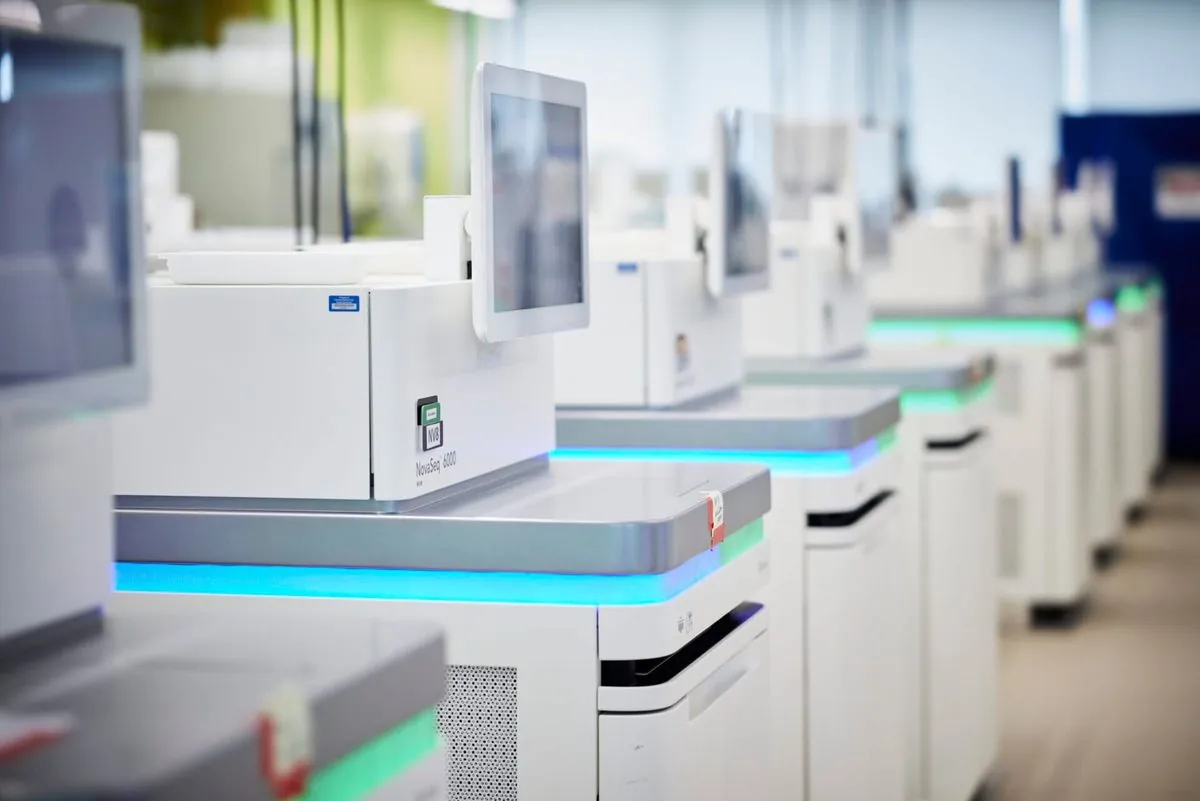Oxford Scientists Prepare Legal Action Against Chinese Genetics Firm BGI
Oxford Nanopore accuses BGI of trade secret theft in nanopore sequencing technology. The dispute highlights ongoing tensions between Western and Chinese tech companies in the genomics sector.

Oxford Nanopore, a prominent British genetics company, is preparing legal action against BGI, a Chinese genetics firm, over alleged trade secret theft. The dispute centers on nanopore-based sequencing technology, a cutting-edge method in genomics.
Nanopore sequencing, first proposed in the 1990s, allows DNA analysis by passing strands through tiny pores in cell membranes. This technique, capable of reading sequences up to 2 million base pairs long, has revolutionized genetic research and has applications ranging from cancer diagnostics to pathogen detection.
Oxford Nanopore claims that BGI, a former customer, misappropriated proprietary information to develop its own nanopore sequencing platform. The British company alleges that BGI breached its customer contract and violated the Trade Secrets Act. The dispute stems from a 2014 research collaboration, where BGI reportedly made legally binding assurances not to use Oxford Nanopore's technology for competing products.

The global DNA sequencing market, projected to reach $25.47 billion by 2025, has become increasingly competitive and politically charged. BGI, founded in 1999, has faced scrutiny in Western countries. In 2022, the United States blacklisted three BGI subsidiaries, citing national security concerns. Recently, the U.S. House of Representatives passed a bill to impose further sanctions on BGI and other Chinese companies.
BGI has denied these allegations, stating it poses no threat to national security and expressing disappointment over the U.S. legislative actions. The company has been involved in significant international projects, including the Human Genome Project and the 1000 Genomes Project.
UK policymakers have also raised concerns about BGI's operations. Sir Iain Duncan Smith has urged UK companies to avoid working with BGI, arguing that such collaborations could undermine national security and the competitiveness of the UK's life sciences sector.
"Allowing Chinese companies access undermines our security and our world-leading life sciences sector, which cannot compete on price with companies subsidised by the Chinese state."
The dispute highlights the broader tensions in the global genomics industry, exacerbated by the US-China trade war. It also underscores the critical importance of protecting intellectual property in rapidly advancing scientific fields.
Nanopore sequencing technology has diverse applications beyond medical diagnostics. It has been used on the International Space Station and for environmental monitoring, including detecting antibiotic resistance genes in wastewater. As the technology continues to evolve, its potential impact on various sectors of science and healthcare remains significant.
As this legal battle unfolds, it will likely have implications for international scientific collaboration and the future of genomic research. The outcome may influence how companies and countries approach partnerships and intellectual property protection in the sensitive field of genetic technology.


































